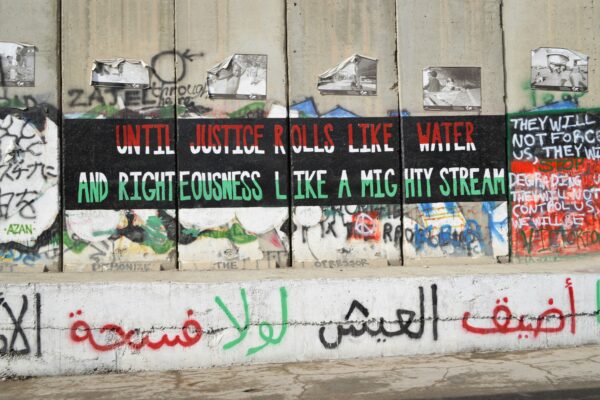He describes how he was first de-sensitized to violence as he was forced to watch numerous hours of brutal torture, killing and rape videos. After being shown videos of Uday and being asked to mimic him exactly, he was sent on different assignments where he had to pretend to be Uday. For the most part, he did a good job at doing so (probably the main reason why he managed to escape alive).
He describes how he was first de-sensitized to violence as he was forced to watch numerous hours of brutal torture, killing and rape videos. After being shown videos of Uday and being asked to mimic him exactly, he was sent on different assignments where he had to pretend to be Uday. For the most part, he did a good job at doing so (probably the main reason why he managed to escape alive).
This non-fiction book by Latif Yahia is actually a really old one, published originally in 1992 in Arabic and later published in English in 2010. It’s an autobiographical account of the author who lived during Saddam Hussein’s regime and was entrusted (read: forced) with the task of being Uday Hussein’s body double. The book was written after the author managed to escape from Iraq, and was originally a 1000 pages (edited down to around 336 pages by the publishers).
While the crimes that Saddam committed are not hidden from the world, and neither are his son’s – who clearly seems to be a lot more horrible than his father and was proud of it – this book still gives a great amount of explicit detail regarding what life under the brutal regime was truly like, particularly focusing on the vicious acts that the murderer, rapist and party boy Uday Hussein used to commit.
The book in itself clearly needs to be edited better and you can find a few grammatical mistakes and run on sentences. Nevertheless, the content is really intriguing so the trivial mistakes aren’t too bothersome. A few individuals have cast doubt on Latif and his story, however it is hard to see how one could have fabricated such a story before the fall of the regime. Once the Baathist regime fell, many of the points mentioned in his story were verified.
Personally, I didn’t know much about Uday Hussein as it was Saddam who always seemed to be getting attention in the international news. Perhaps Iraqis living in Iraq are more familiar with Uday’s crimes, despite the government’s efforts to cover them up with what seem to be lousy excuses. The author even makes a reference to the killing of Shaheed Baqir al-Sadr and his sister – for who it was famously rumoured in Iraq that she was raped in front of her brother, tortured, and hanged.
The author begins the story with his childhood and how he attended the same school as Uday. It was there where both of them realized that they look alike. It describes how from a young age, Uday was a spoiled brat. Teachers and other school administration would be scared of him and once a teacher had the nerve to inform him that bringing his girlfriend into an all-boys class was inappropriate. No one saw and heard from that teacher again. The story fast forwards to Latif being taken to the palace where Uday has now selected him to be his body-double; a responsibility Latif does not want to undertake. All that changes afterwards was that he was put under solitary confinement and tortured for a few days. The author had to go through a few minor physical changes to match completely with Uday, along the lines of getting his teeth “fixed” so that he would speak with a lisp like how Uday did.
He describes how he was first de-sensitized to violence and was forced to watch numerous hours of brutal torture, killing, and rape videos. After being shown videos of Uday and being asked to mimic him exactly, he was sent on different assignments where he had to pretend to be Uday. For the most part, he did a good job at doing so (probably the main reason why he managed to escape alive).
After reading the book, one gets the feeling that justice was not served to these individuals and that their deaths were too quick and easy. Though they will surely be treated accordingly in the hereafter, Uday and his brother Qusay were killed in a shootout against the US army, and thus never had to go through a trial. Saddam as well went through what appeared to be a kangaroo court and was executed without having to go through the ordeal of answering questions about the thousands of other crimes he committed.
Nevertheless, the book really shows how far man can truly go when it attends to his animalistic nature solely, and the Pharaonic nature of the Baathist government that ruled over Iraq.
This article was written by Ali Imran for Iqra Online. To read the original article, click here.





